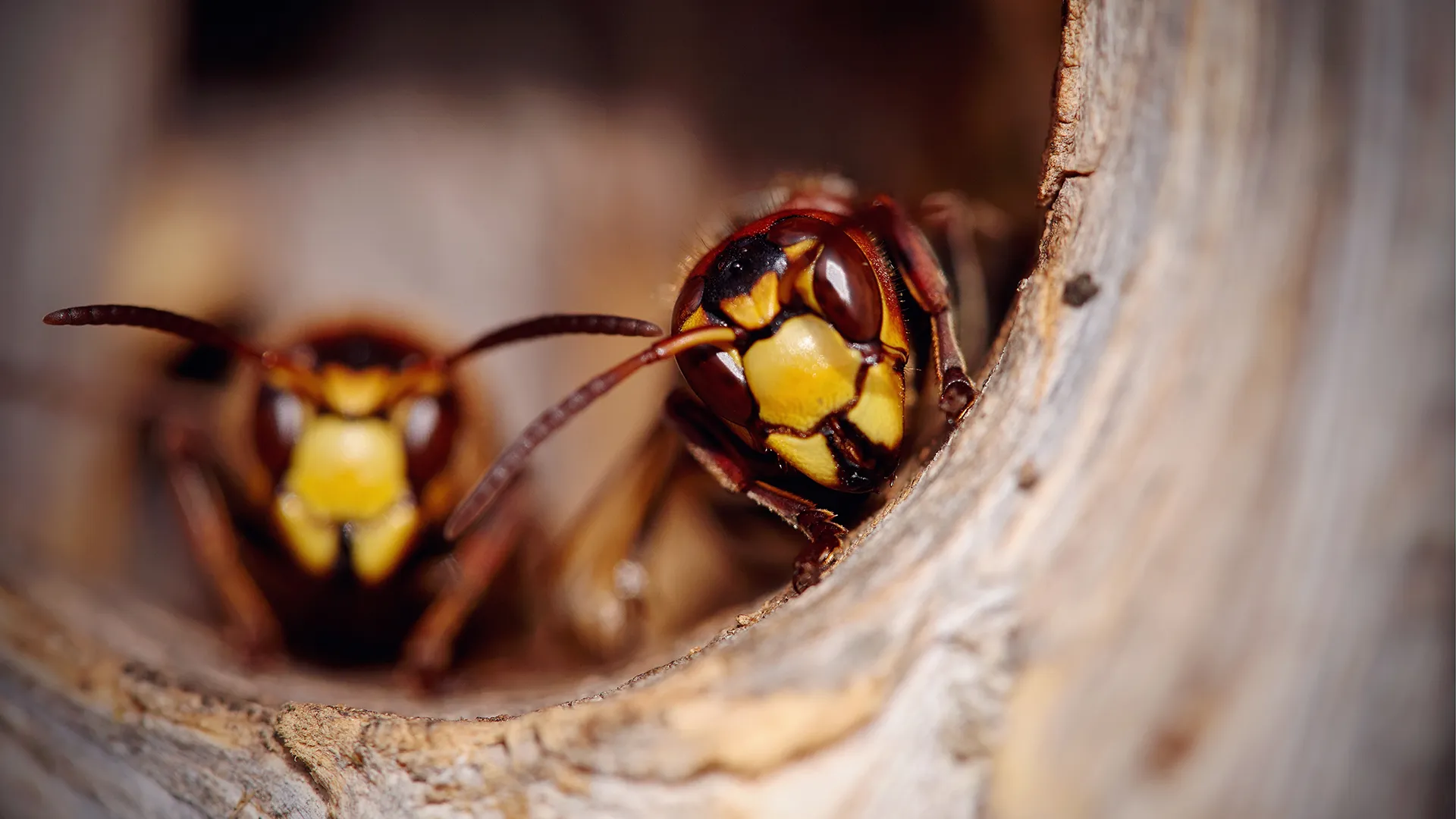Wasps can be a real nuisance, especially during the summer months when they’re most active. While they play an essential role in controlling other pests and pollinating plants, a wasp nest near your home can pose a threat due to their painful stings.
So, if you’ve found yourself with a wasp problem, it is essential to seek professional pest control services to get rid of them effectively.
Understand the Wasp Species

Before you proceed with any removal method, it’s crucial to identify the type of wasp you’re dealing with. The two most common types are solitary wasps and social wasps. Solitary wasps, as the name suggests, tend to live alone and are less aggressive. Social wasps live in colonies and can become aggressive if they feel their nest is threatened.
Avoid Attracting Wasps
Prevention is always better than cure. To avoid attracting wasps, keep food and drinks covered, especially during outdoor activities. You should also regularly clean garbage bins and ensure they’re sealed properly. Wasps are also attracted to sweet-smelling perfumes and lotions, so consider avoiding these during peak wasp season.
Locate the Nest
To effectively get rid of wasps, you need to locate the nest. You should be careful during this process as disturbing a nest can provoke the wasps. They often build their nests in sheltered areas like eaves, attics, or tree branches.
Hire a Professional
If the nest is large or located in a hard-to-reach area, it’s best to hire professionals. They have the necessary equipment and protective gear to safely remove the nest. This is particularly important if you or anyone in your household is allergic to wasp stings.
DIY Wasp Removal
If you decide to tackle the problem yourself, safety should be your top priority. Always wear protective clothing, including gloves and a face mask. It’s best to attempt removal at night when the wasps are less active.
A popular DIY method involves a wasp trap. You can easily make one using a sugary bait inside a bottle. The wasps will enter the bottle but won’t be able to find their way out. However, this method is more effective for trapping individual wasps and may not be effective against a large colony.
You can also use insecticidal sprays available in most supermarkets. These sprays can be applied directly to the nest, but make sure to stand at a safe distance to avoid getting stung.
Natural Wasp Deterrents
If you prefer a more natural approach, certain essential oils, like peppermint, can deter wasps. You can mix a few drops of peppermint oil with water and spray it around your home. Wasps dislike the smell and tend to stay away.
While wasps can be beneficial for the ecosystem, they can become a problem when they set up residence near your home. Whether you choose to hire a professional or attempt to get rid of wasps yourself, remember that safety should always come first. By understanding the wasp species, taking preventative measures, and using effective removal methods, you can keep your home wasp-free.

